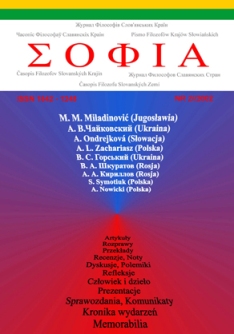

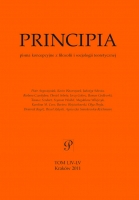
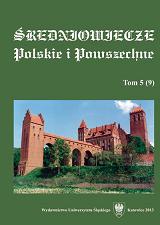
The aim of the article is to examine the credibility of one of the documents whose authorship is ascribed to Bolesław Wstydliwy. Testing of the very document has become a reason to draw a theory on the conflict in the circles of a political elite of Małopolska in the 1250s. The staffing of offices in the letter of witnesses seemed inappropriate in almost all cases. Despite the fact that a diploma started to play a significant role at one time, its credibility was not commented on by the researchers yet testing was considered real without going into details. Only some historians treated the document as suspicious. The provenance of the conflict in question in theories of subsequent historians was extremely different: some researchers saw a reflection of rivalry between a castellan and a voivode of Kraków on the priority in hierarchy in a strange form of testing, for some others an extraordinary list of witnesses was to prove pluralism of Małopolska dwellers towards the so-called war on the legacy left after the Babenbergs. A detailed examination of disposition components and getting to know people present both in testing and the remaining part of the diploma closer, shed a totally different light on document credibility, and, hence, the image of internal politics of Małopolska in the mid 13th century.
More...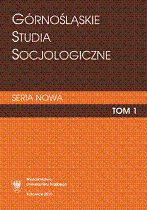
Keywords: ethos; work; professions; Silesia
In the introduction of the article the author defines ‘Ethos’ and places it in a wide area of research. Next, factors convenient for the formation of ethos of work in Silesia as well as the first research on the subject are presented. The research on ethos of work concentrates firstly on two dominating professions, e.g. miners and glassblowers and then on other professions. The author also defines chronological periods of research and showes the evolution of the attitude towards the mining profession as well as the changes in ethos of work of other groups. In the conclusion the author states her opinion on the research that is far-conducted on ethos of work and points out the research deficiencies.
More...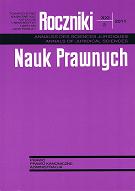
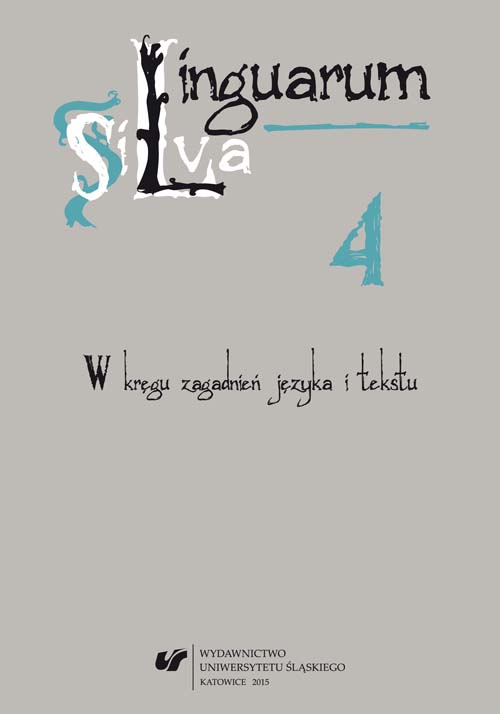
Based in the field of ethnolinguistics, the present article is devoted to the issue of vocabulary used in ancient Silesian folk beliefs. For the purpose of the article, the name of a quasi-human character – bebok – has been selected from folk texts and analyzed; observations have been carried out regarding grammar, semantic and pragmatic aspects of the lexeme. In the study, two methods have been employed, namely: the lingual representation of the world (“Językowy obraz świata”; JOS) and the theory of holistic evaluation. The collected material has allowed for creating a cognitive definition of the lexeme. The results have been juxtaposed with the most common and most interesting revisions of the quasiperson’s name, as present in a different context of the Internet. This juxtaposition made it possible to highlight changes in the structure and functioning of the lexeme, as well as to indicate differences between the ancient and modern systems of judging reality, contained in language.
More...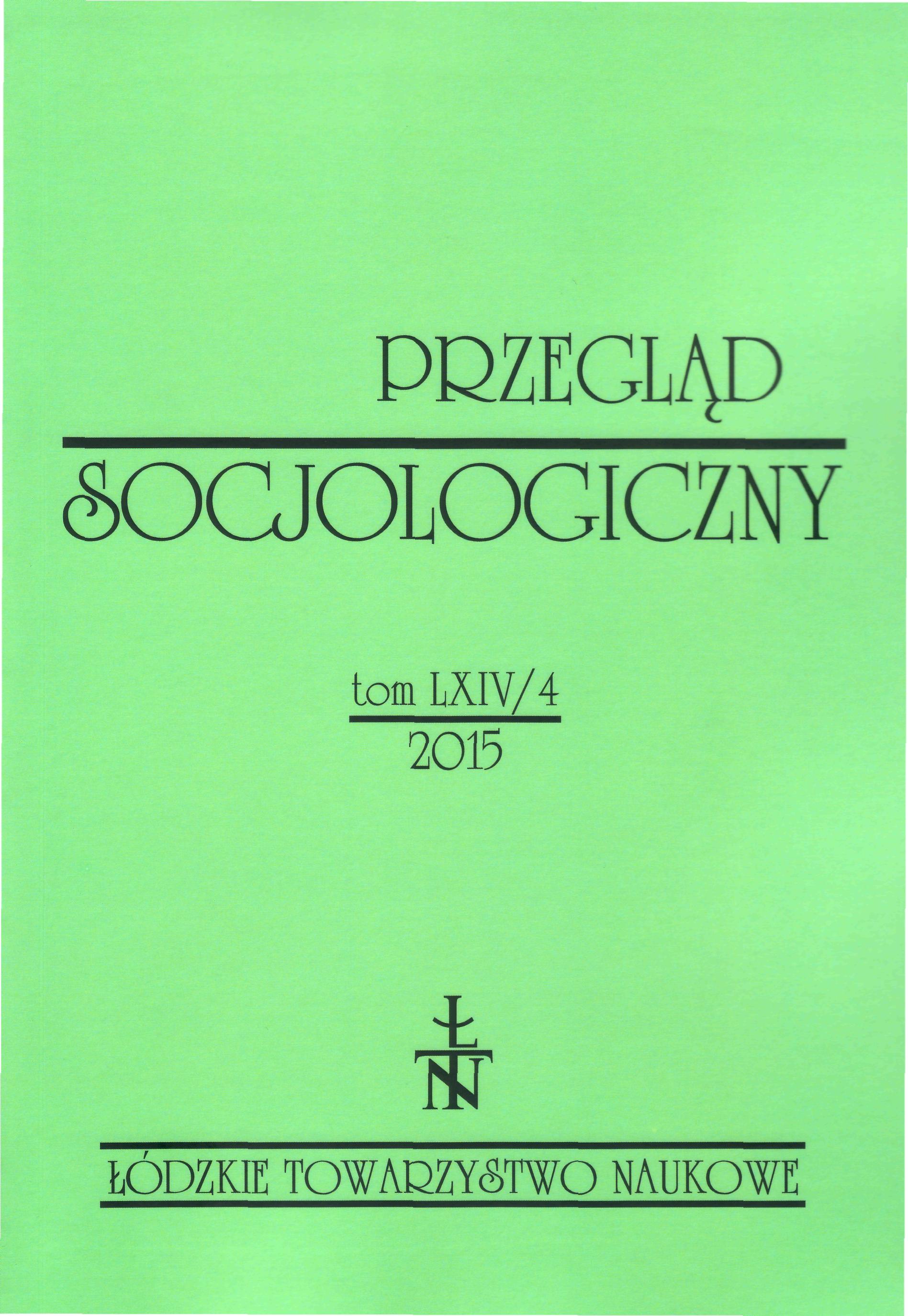
Keywords: autobiographism; diaries; ideology; Cieszyn Silesia; Jan Szczepański; Jan Wantuła; Józef Pilch
The subject of this article is the dynamic relations between the private and ideological perspectives which appear in the works of sociologist Jan Szczepański, as well as book-lovers and historians Jan Wantuła and Józef Pilch. The figures were colligated by a background, namely evangelical peasant families in Ustroń in Cieszyn Silesia, and also family ties and friendship. The cultural patterns assimilated by them in childhood are manifested in their texts and influence the character of the perspectives mentioned. In this article an ideology is understood not only as a doctrine imposed, for example, by the Polish People’s Republic’s authorities, but as a combination of beliefs serving to orient collective activities. From this viewpoint the article explores the diaries, memoirs, letters, articles and essays of this study’s heroes to show the lack of an connective thread in the paradigm: personal notes – private perspective; publications – ideological perspective. Firstly, the article examines the question of diaries’ truth, the aims of journal writing, as well as the dependence of its content on planned uses, including in publications. Szczepański, Pilch and Wantuła not only offered visions of reality contained in official publications which were not completely in line with the official ideology, but above all as part of this ideology they promoted an ideology chosen by them. That is, they mobilized the society to care for the common good by means of solid work and thriftiness, what they associated with their Protestant and Cieszyn Silesia ethos. Then the article demonstrates how the texts of this article’s heroes and their symbolic biographies are being used to shape the local community in their homeland at the present time.
More...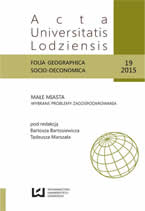
Keywords: housing conditions; small towns; Uniejów; public opinion; technical and sanitary equipment
Humans spend an average of 80% of their lives in their households. Good housing conditions are crucial for the attractiveness of the city, its urban area and quality of life of their inhabitants. In the following text, the author focuses on two basic issues. Firstly, living conditions in small Polish towns are examined. One of the aims of this article is analysis of changes in the housing conditions of small Polish towns in the years 2004‒2010. Urban centres inhabited by less than 10 000 people are regarded as small towns (having civic rights and an adequate population in the year 2004 and in 2010). The analysis of changes in housing conditions in small Polish towns takes into account the size of the apartments, their technical and sanitary conditions, and the number of occupants. As a result, 5 groups of towns have been identified, differing in the level of infrastructure and the rate of changes. The second aim of this article is to characterize housing conditions in a small town on the example of Uniejów, a town located in the voivodeship of Łódź, and to present opinions of the residents of this town about the housing conditions. Uniejów is seen as a town of success in recent years and may indeed serve as a reference for other cities as regards the parameters analysed. The above analysis shows to what degree the economic success of a city translates into the perception of housing conditions by its residents.
More...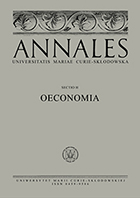
Keywords: bankowość mobilna; kryteria badania jakości; metoda konwersji;mobile banking; criteria for quality testing; conversion method
The main objective of this article is to present the structure of criteria used in evaluation of interface of selected mbanking applications in Poland. Secondary objective is to present conversion method and selected results of survey carried out using the method. Authors present the set of criteria and justify the selection. Also, the conversion method and selected results of the survey are introduced in the paper. Subsequently, the authors present key findings of the carried out survey.
More...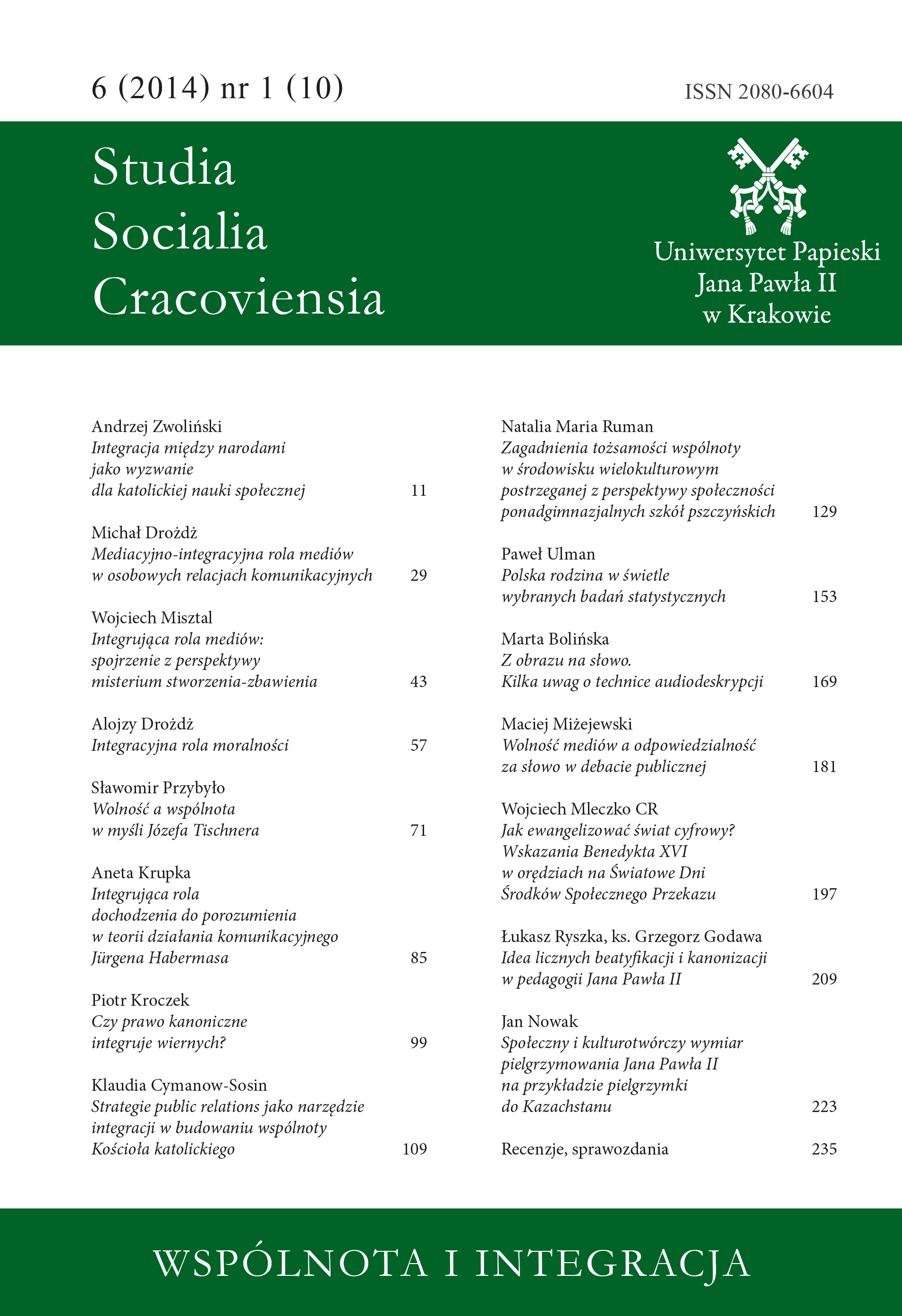
Keywords: identity; tolerance; dialogue; intercultural education; forms and methods of activity the local community in Pless;
In the era of modern socio-cultural need for the program assumptions, which showed the cultural and religious pluralism among students. This growing awareness of the existing different communities is one of the reasons to education assign a significant role in shaping thelife model based on the interaction of individuals and communities, entire societies– without destructive conflicts of national, ethnic, religious and cultural. Operating in a culturally diverse environment makes it assume a distinctive lifestyle,behavior and conduct, drawing from more than one source of culture, assimilating more or less consciously different values, directly experiencing other cultures and entering into direct interaction with its representatives. Customs, traditions, folklore, are a component of the native culture of each country, and they contain patterns play a very important role in shaping the identity of the young man. It should show what is beautiful around us. Learn to appreciate, learn to love and learn to delight in what is particularly close to us. Indication of what the region is beautiful, interesting and worthy of presentation allows students to feel earthness the region, and thus arouse affection and love for the native land.
More...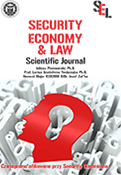
Keywords: crisis management;Phases of Crisis Management;The local government;Practical Exercises
The paper presents the actions that are taken by local authorities in the field of human security during the stages of crisis management. The main focus is to prepare as one of the stages of crisis management. You two exercises carried out by the Mayor of the administered territory, that show what is being done in practice to rip the relevant departments, perform rescue tasks. The practice in the development were carried out practically as described herein.
More...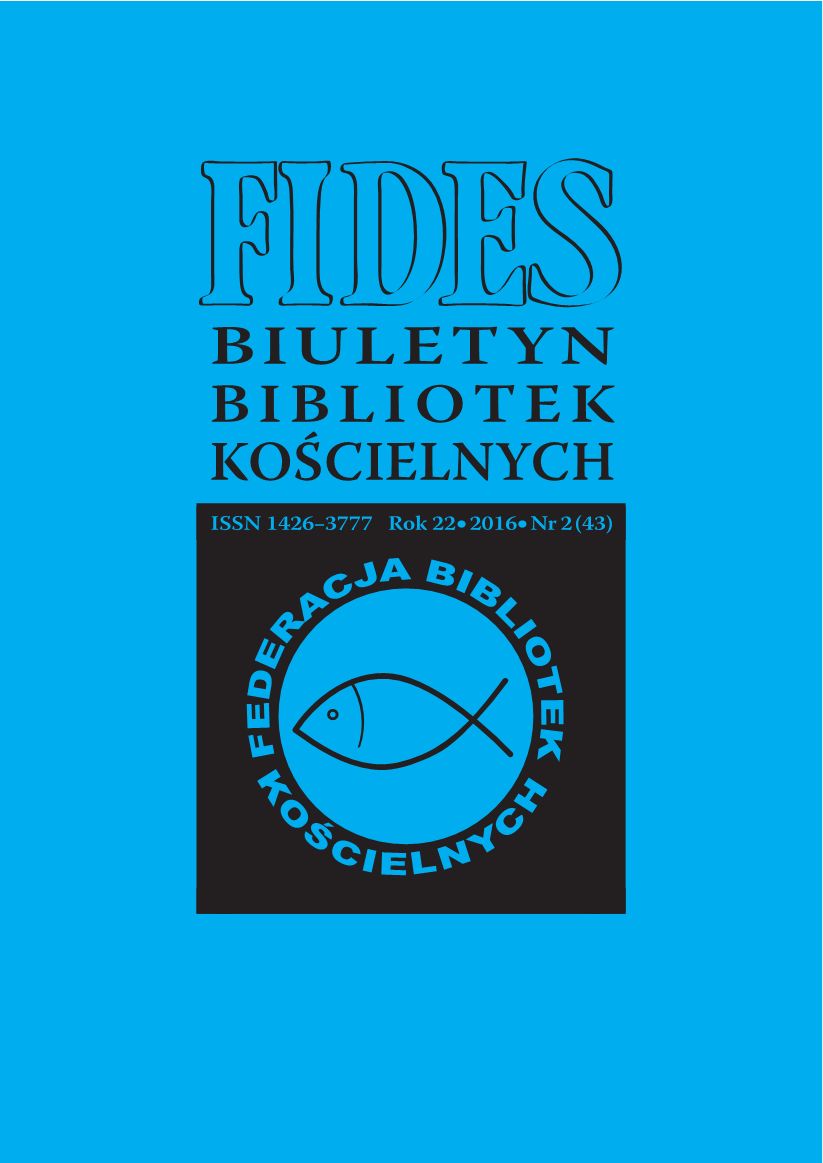
Keywords: Catholic press; parish press; Mikołów-Śmiłowice
More...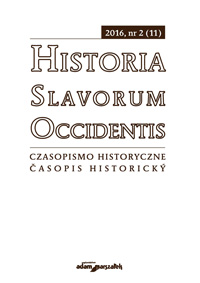
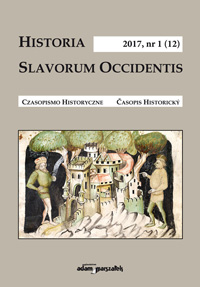
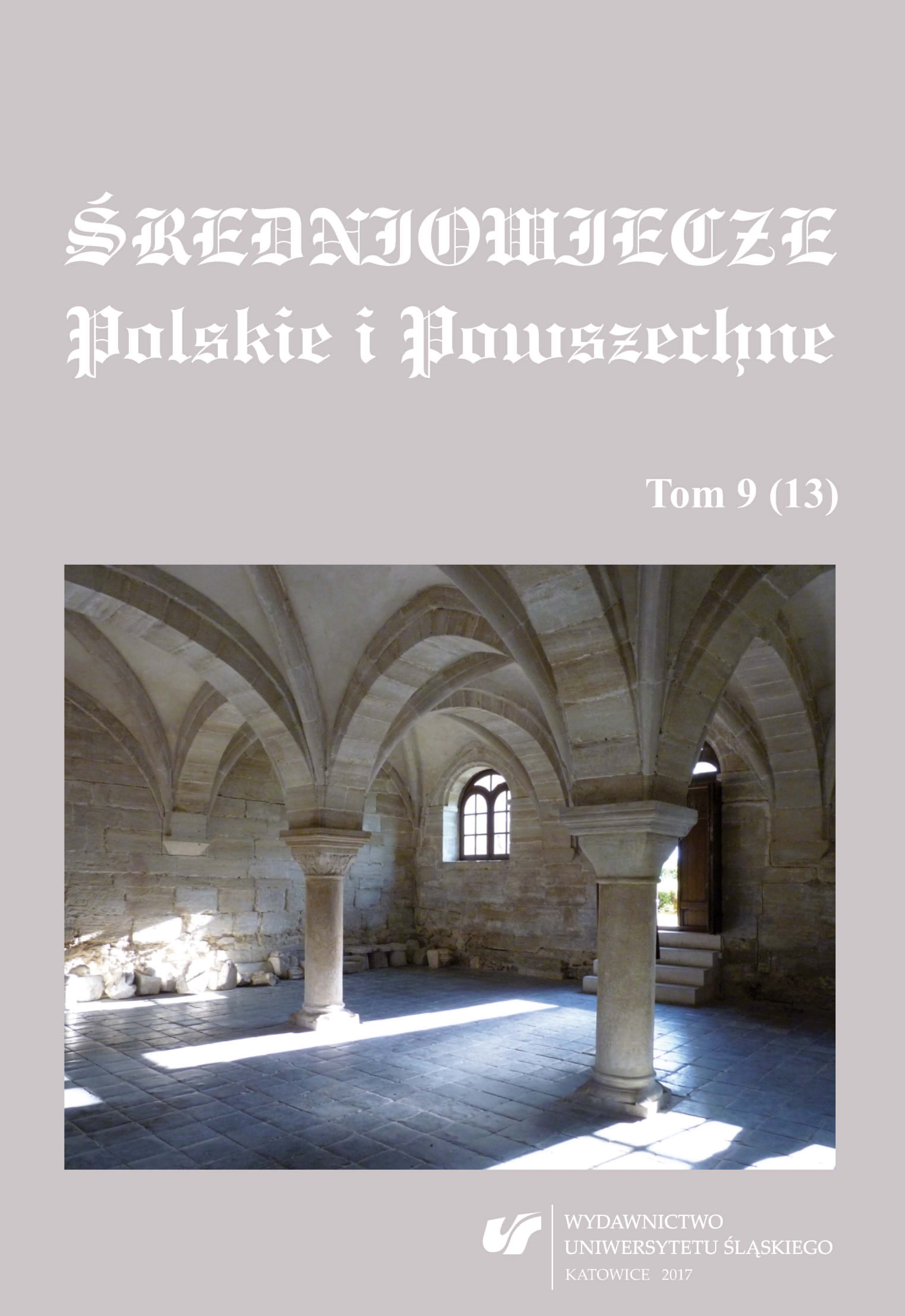
Research on medieval initials has thus far concentrated predominantly on the code initials. Not many studies have been devoted to document initials. Thus, the following article attempts to discuss those particular initials, found in the documents of Bolesław II and Bolesław III, who ruled the Duchy of Opole in the 14th century and avoided grand politics, ruling relatively small duchies located at the peripheries of their contemporary cultural centers. There can be no doubt that the document initials of Bolesław II and Bolesław III were embellished by their writers, using the same ink which was used to write down the rest of the document. The initials are usually extremely simple, lacking any artistic sense or ornamental embellishments. Moreover, they are often shoddily executed. Nonetheless, they do not diverge significantly from the ornamental standards of other rulers, including the royal documents of Casimir III the Great. The ornamental motifs are also consistent with the practice of that time, including the inking of a widened outline of the letter or using a geometrical and floral ornaments, which inscribed itself into the medieval aesthetic. Apart from that, the article touches upon the issue of the potential influence of the addressee on the graphic design of the document, arguing that it remained a significant matter.
More...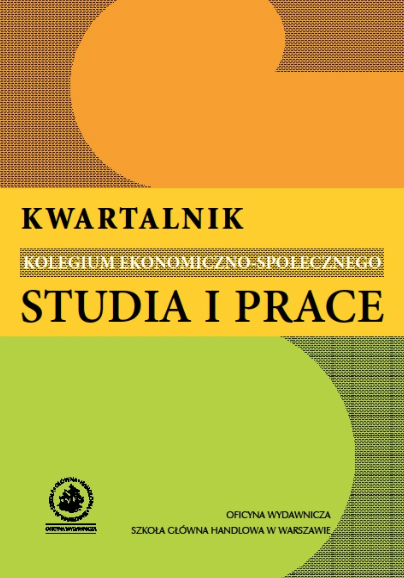
Keywords: the Second Polish Republic; economy; etatism; the period of 1918–1923
The article is part of a study analysing the development of the state sector in the economy of the Second Polish Republic before the May coup d'état in 1926. The aim is to resolve - in the light of divergent positions presented in the literature on the subject - whether during the period of parliamentary democracy the etatist tendency was growing continuously or was subject to periodic fluctuations. The verification basis is an estimation of the percentage share of state ownership in total national wealth. The first part of the study covers general issues (concepts, international background, internal conditionings, forms of inter-war etatism) and analysis of the increase in state ownership in the Second Polish Republic in 1918-1923, resulting from the acquisition of economic entities belonging to the partitioning countries (Austro-Hungary, Germany and Russia) before 1914 and various forms of etatism in the subsequent periods of: shaping the statehood of the country, during the war for borders, the economy after the war, cyclical and monetary problems, etc.
More...
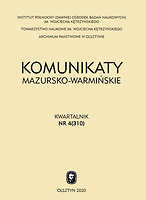
Keywords: Library “Hosianum”;Jesuit College in Braniewo;reformation prints;polemic prints;counter-reformation prints
More...
Keywords: international succession law; regulation 650/2012; regulation 2016/1191; free movement of documents; inheritance; same-sex marriages and partnerships
The presented case study builds upon a fictious factual scenario involving transnational succession. It tells a story of Emilia — a national of a Member State who emigrates to another Member State, establishes a successful business and marries a national of that other State — also a women. She dies during COVID-19 pandemic and leaves an estate comprising immovables and other assets located in a number of states. The case study touches upon various legal questions arising under Regulation 650/2012, Regulation 2016/1191, and the Hague Apostille Convention. It invites the trainers and students to consider concepts such as the place of habitual residence of the deceased, the European Succession Certificate and the national instruments certifying the inheritance, as well as the will and the donatio mortis causa. It asks questions relating to the formalities that are necessarily to complete a transnational succession. Notably, it lays out a problem whether a succession in a same-sex marriage — concluded validly in one Member State — should be accepted in another Member State that does not know such a concept in its domestic law.
More...